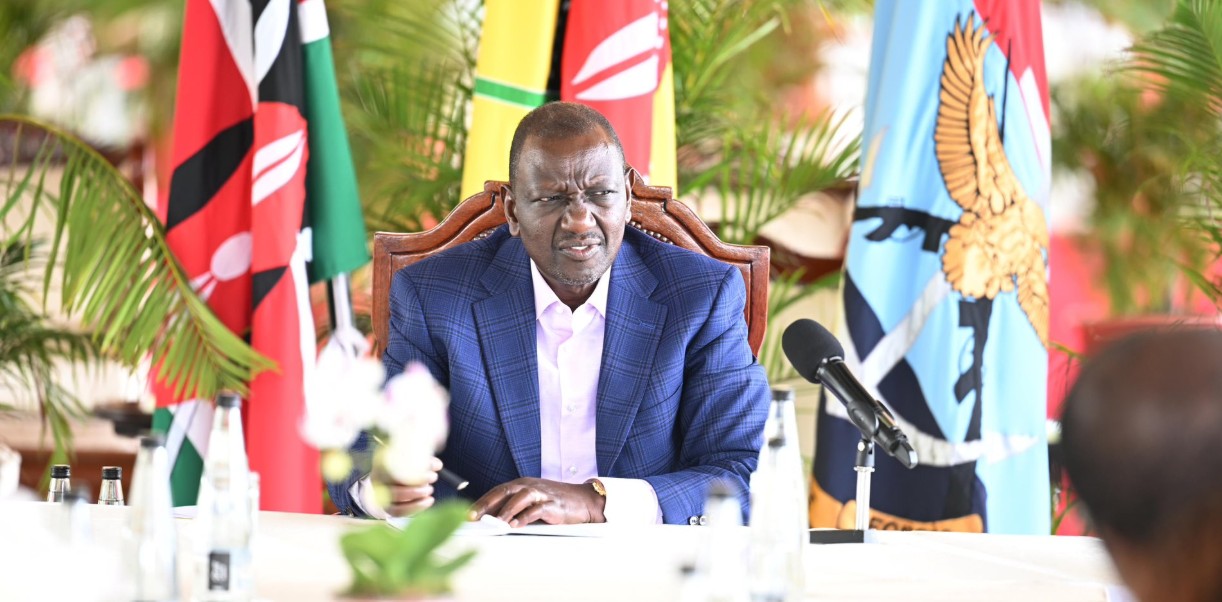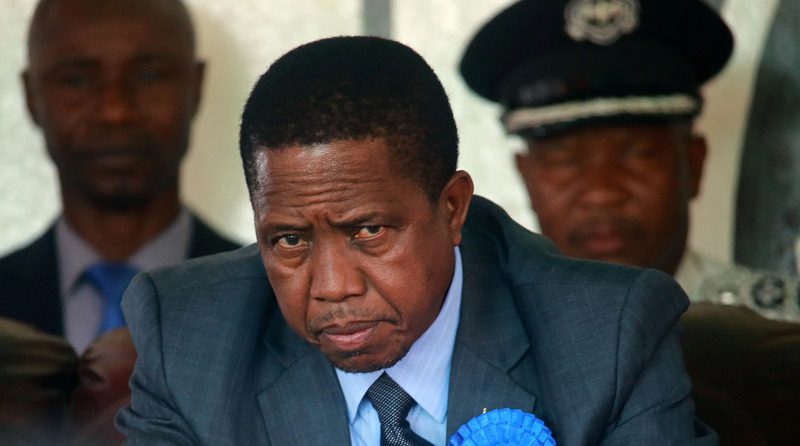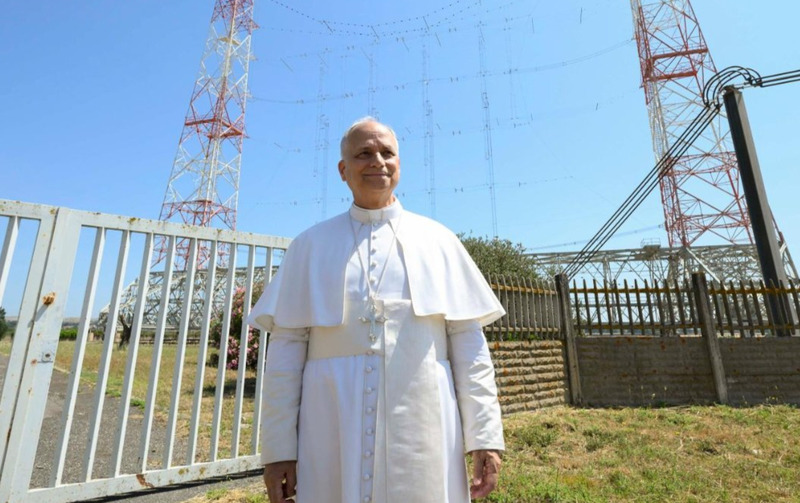Ruto's anti-graft push stalls as Senate rejects key Conflict of Interest Bill changes

Among the key issues rejected was the President’s objection to the narrowing of the definition of conflict of interest.
President William Ruto’s efforts to strengthen anti-corruption laws have hit a stumbling block after the Senate threw out most of his proposed changes to the Conflict of Interest Bill.
This now raises doubts about the government’s ability to close loopholes allowing public officials to profit from shady dealings with the State.
More To Read
- Anti-money laundering reforms take effect as Ruto assents to bill
- Anti-Corruption Bill delayed by Senate after President Ruto's reservations
- Senate extends time for review of Conflict of Interest Bill by 45 days
- National Assembly given 21 days to review proposed changes to two Bills Ruto declined assent
- Ruto returns Conflict of Interest Bill to Parliament, urges tougher measures on corrupt state officials
- EACC arrests Bomet Governor Hillary Barchok in probe over county funds misuse
The Bill, which initially contained strict measures to block public servants from using their offices for personal gain, was significantly watered down by Parliament, prompting the President to send it back with objections to 12 clauses.
However, the Senate’s Justice and Legal Affairs Committee has only accepted three of his reservations, further weakening the intended impact of the legislation.
According to the report by the committee chaired by Bomet Senator Hillary Sigei, the Senate agreed with the President on clauses 30, 31 and 35.
These mainly involved minor changes such as refining definitions and clarifying the Ethics and Anti-Corruption Commission’s (EACC) oversight in verifying income and asset declarations.
Among the key issues rejected was the President’s objection to the narrowing of the definition of conflict of interest.
MPs had removed provisions covering perceived or potential conflicts, including those involving family, associates, or relatives.
The President had argued that the narrower definition crippled the Bill’s ability to prevent abuse of office before it happens.
“The Senate fully accommodates the reservations by the President to clauses 30, 31 and 35 of the Bill but does not accommodate the reservations to clauses 2, 5, 6, 8, 12, 16, 17, 18 and 20,” the report stated.
The committee dismissed Ruto’s broader interpretation of conflict of interest, saying it would be unclear and difficult to enforce.
“We recommend focusing on tangible and demonstrable conflicts to ensure clarity and effectiveness in governance,” the report read.
Ruto had also pushed to reintroduce the definitions of “family” and “relative” into the law, warning that public officers could hide behind proxies to dodge scrutiny.
He proposed that a relative be defined as someone connected through birth, marriage, adoption or affinity. The committee rejected this too, calling it too wide and likely to complicate enforcement.
With the Senate’s rejection, Ruto’s plan to establish stronger guardrails against corruption in public service faces fresh hurdles, leaving a legal vacuum that reformists had hoped to seal through the Bill.
Top Stories Today












































